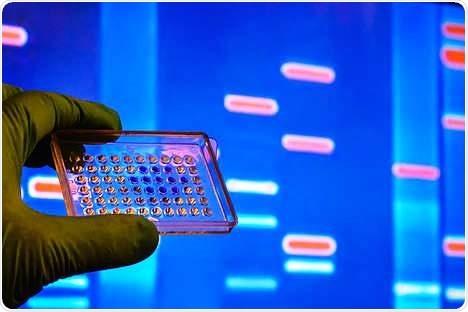Feb 15 2019
MedUni Vienna study in the top journal “The Lancet”
The conformance of genetic characteristics is essential for the long-term function after kidney transplantation. This is the central result of a recent study in the top journal “The Lancet” with more than 500 patients after kidney transplantation, conducted by a global consortium led by Rainer Oberbauer and his colleagues Roman Reindl-Schwaighofer and Andreas Heinzel from the Division of Nephrology and Dialysis at MedUni Vienna.

“It was already clear that the conformance in one area of the major histocompatibility complex on chromosome 6 explains a significant part of transplant survival,” illustrates Oberbauer, “but even if the donor organ and recipient in this region matched perfectly, about 20 % of the transplants were still lost in the first five years.” The team at MedUni Vienna has now discovered that this is likely to be caused by a lack of conformance in a large number of other genetic regions. “We were able to confirm this experimentally by the determination of donor-specific antibodies against these non-conforming regions,” emphasise the authors of the study.
The results suggest that a genome-wide analysis of donor and recipient should be carried out prior to transplantation of living donor kidneys in order to check the tissue match – and that an exchange with other living donor couples might be advantageous if the conditions are not optimal. “At the MedUni Vienna, this has been done routinely and with very good success for several years now in the case of poor tissue conformance in the main histocompatibility complex”, Oberbauer states.
At the same time, the study also showed that the recipient’s immune system produces antibodies against the “foreign” proteins after kidney transplantation, which also “nibble” at the lifespan of the organ used and damage it.
The importance of the HLA system
The main histocompatibility complex is a gene family that produces immune proteins (the histocompatibility antigens or HLA system). These proteins are responsible for immunological individuality and play a major role in the tissue compatibility of organ transplants. Therefore, in the spirit of personalised medicine, the aim is always to achieve a high degree of correspondence between the HLA characteristics of donors and recipients. The more similar the characteristics, the lower the risk of a rejection reaction. Nevertheless, after five years around 20 percent of transplants fail, after 15 years the figure is 50 percent. With the findings of the current study, which stresses the enormous importance of genetic characteristics, these rates could be significantly improved in the future.